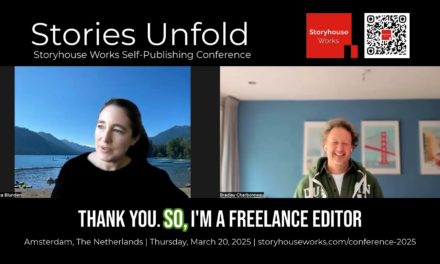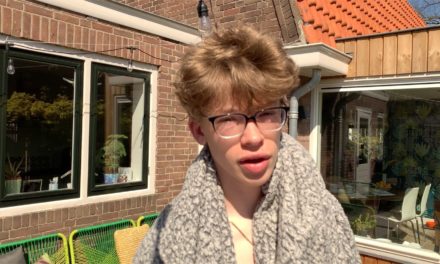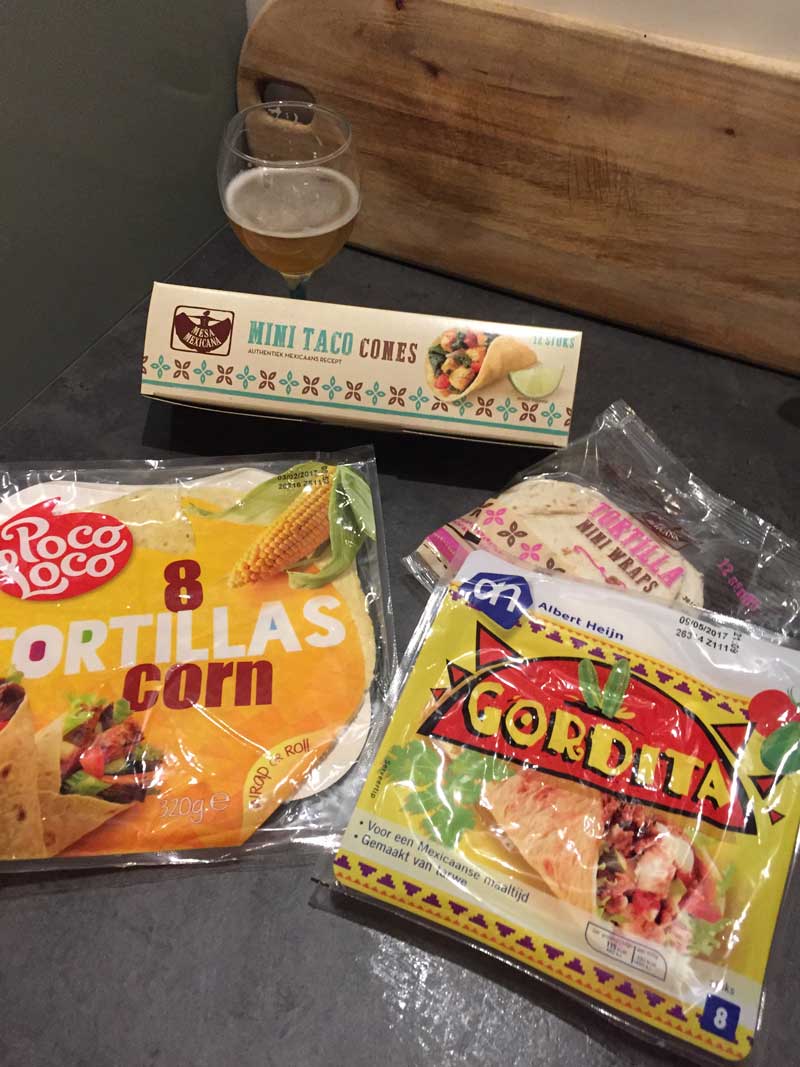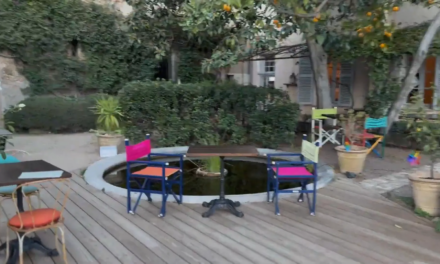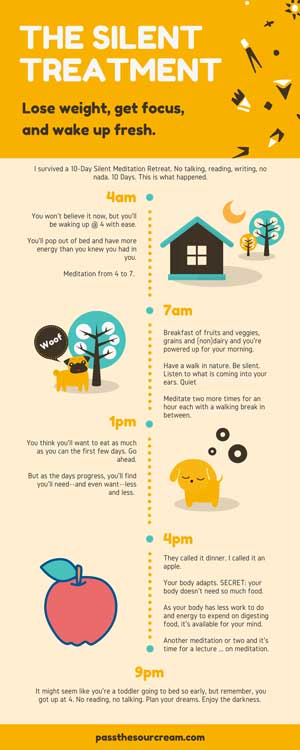
Teach What You Want to Learn
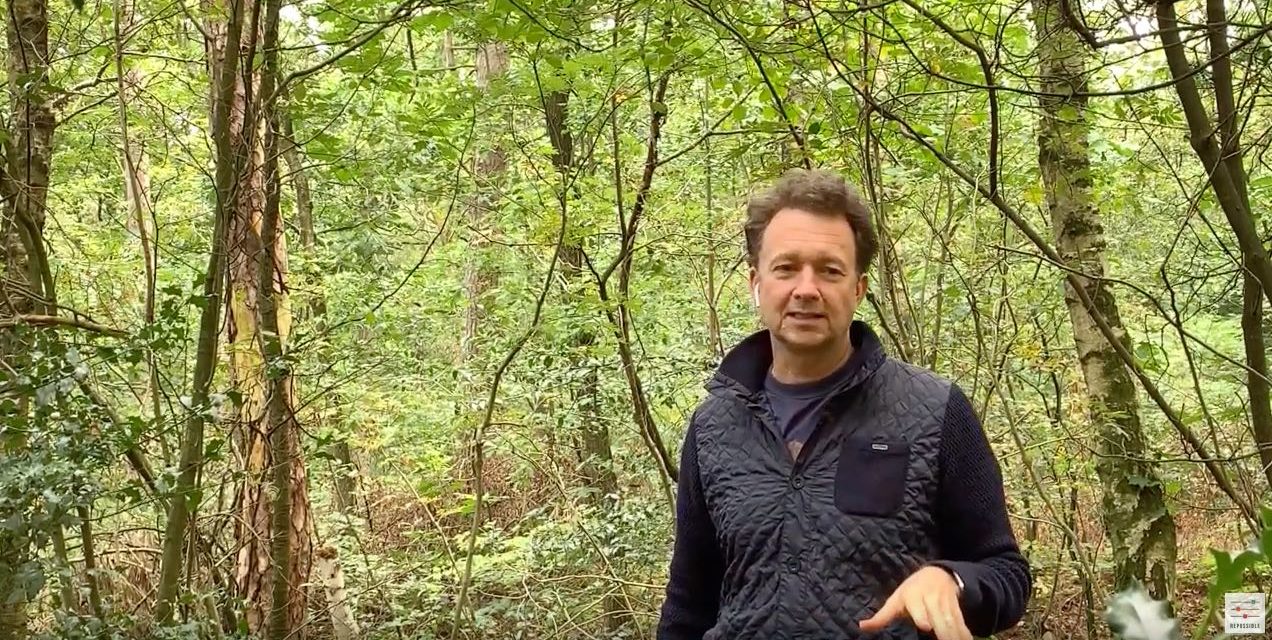
Want to really learn something? Teach it.
This is preparation for my talk later this week. Notes, video takes, etc.
Teach What You Want to Learn
My son is writing a book called, “7 Tips to be a Better Friend when You’re a 15-year-old Boy.”
Does he have a Ph.D in child psychology? He doesn’t have a Ph.D in anything.
Has he read countless articles on the topic? I’m not sure he can read. 😉
Has he interviewed dozens of teenage boys on the topic? Well, sorta.
How in the world is he an expert?
- He has good friends.
- He keeps them for a long time.
- They like him.
- He likes them.
- They have each other’s backs.
Who is his book for?
For that teenage kids who wants to have better friends. Think those kids exist?
You betcha.
“But why,” I hear you ask, “is he writing a book on it? Can’t he just be satisfied with knowing something, being good at something, and call it a day?”
Aha! Of course he can.
But his dad is…me.
I know that by teaching something, by writing it out, making 7 chapters and expanding on your initial thought you learn, you learn it deeply.
More than if you just sat there and recognized yourself as knowing something.
Plus, he might help some other teenage boys.
What if a teenage boy took one of his strategies and made a new friend?
Success?
Absolutely.
Now I know what you’re thinking, my dear Toastmaster friends. You’re thinking,
“This is all really touching, Bradley, but I don’t have–nor do I really want–a 15-year-old boy. How is this relevant for me?”
— What You’re Thinking
Aha, here we go.
Teach What You Want to Learn
I have been asked to be the ambassador, the sponsor of a Toastmasters club here in The Netherlands.
The club doesn’t exist yet. The few founding members have zero experience in Toastmasters much less in forming a new club.
They probably don’t know much about giving speeches, what to do with your hands, how to pause, how to move around the stage, how to evaluate the speech.
They probably don’t know any of that.
Can you think of people who know that sort of thing?
Can you think of people who, in the eyes of those newbies, compared to those just starting out, have worlds of experience?
Here is my challenge to you, Utrecht Toastmasters.
Teach what you want to learn.
What is something you would like to know more about with regards to public speaking? Is it more technical like timing or voice control? Or maybe a bit more nuanced like how can you connect with the audience better?
Want an extra challenge?
Teach something you don’t know very well.
Remember, you still know it better than that person who knows nothing about it.
All we really need to know is about 10% more than the other person to be of value to them.
If I were to pick a subject where I would like to improve in, say, structure to my evaluations, I might:
- Sift through my own knowledge,
- Talk with others (especially those more knowledgeable than me),
- Pay more attention to evaluators and watch how they work,
- Ask questions, directly after an evaluation, to an evaluator about something specific I noticed.
Are you seeing what’s happening? I’m paying attention. I’m learning. I’m getting better.
All because I’m going to Teach What I Want to Know.
This doesn’t mean you shouldn’t teach something you’re good at. When you do that, you just get even better.
Sure, I’d love to have Cora give a talk about how to do an evaluation. In preparing for her speech, she would reverse engineer how she does it and then
In the coming weeks and months, we here at Utrecht Toastmasters are going to build an educational vault, a collection of speeches, for that new chapter.
We are all going to be ambassadors for that chapter.
We each know something more than they do. If we don’t know it well, we’ll learn it before we teach it.
But in order to really learn it?
We need to teach it.

